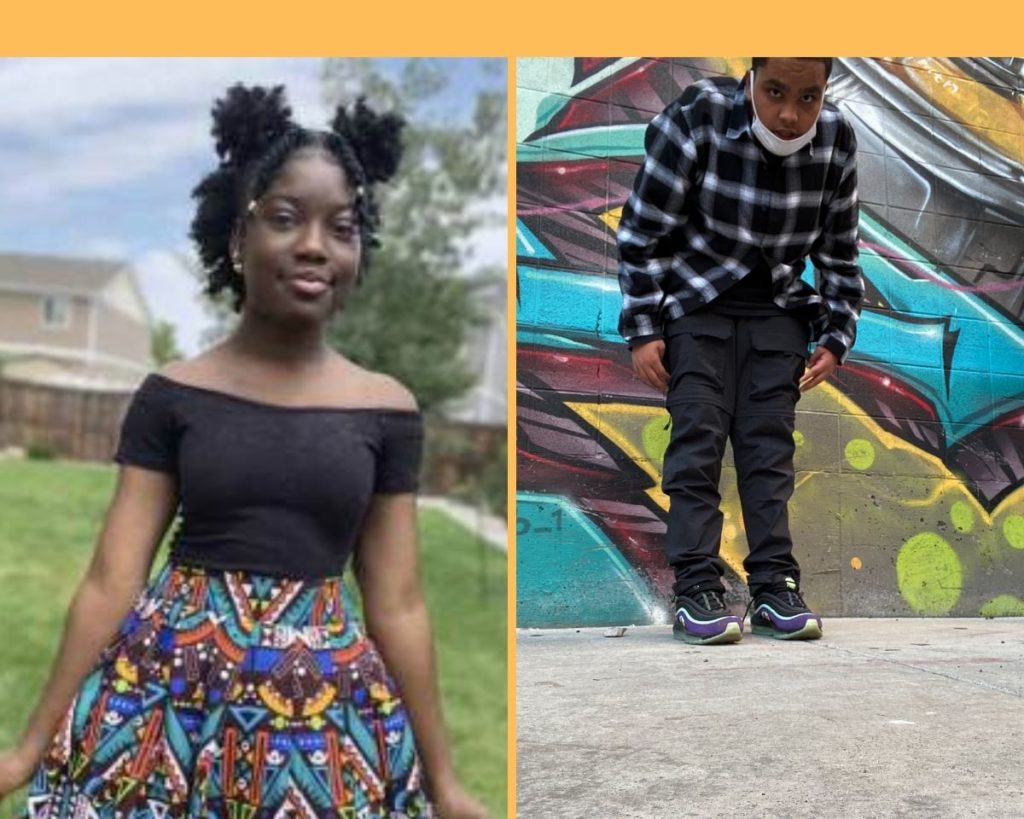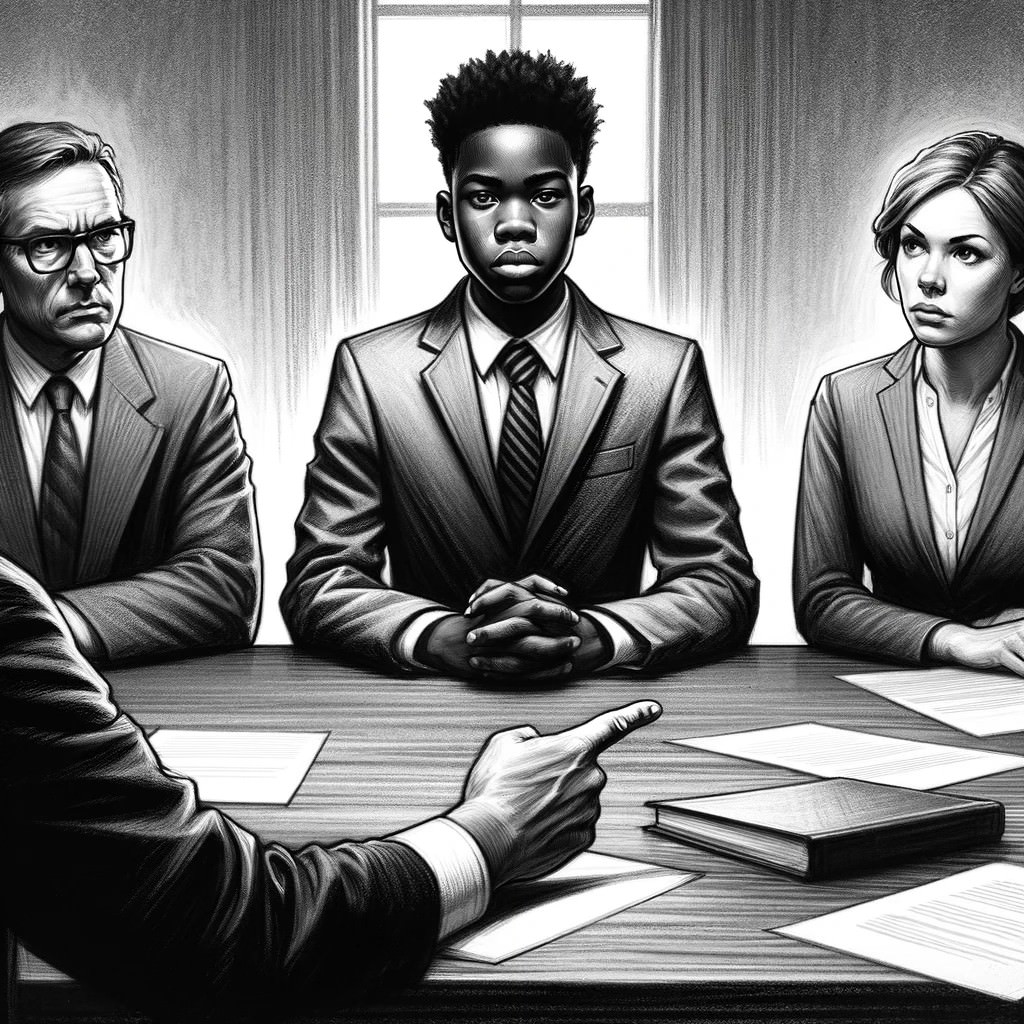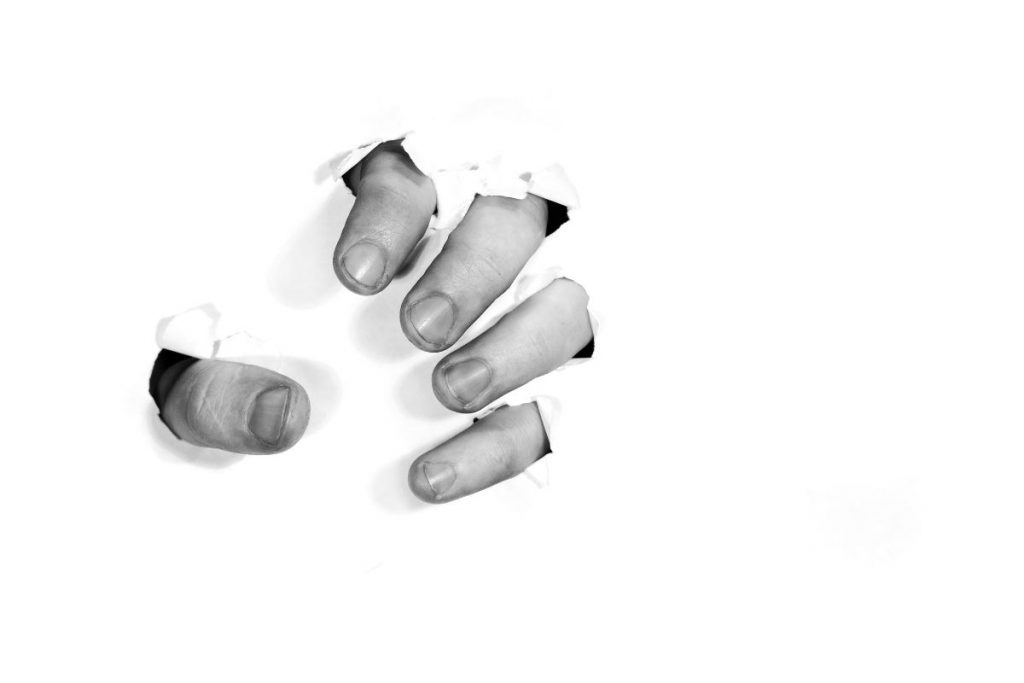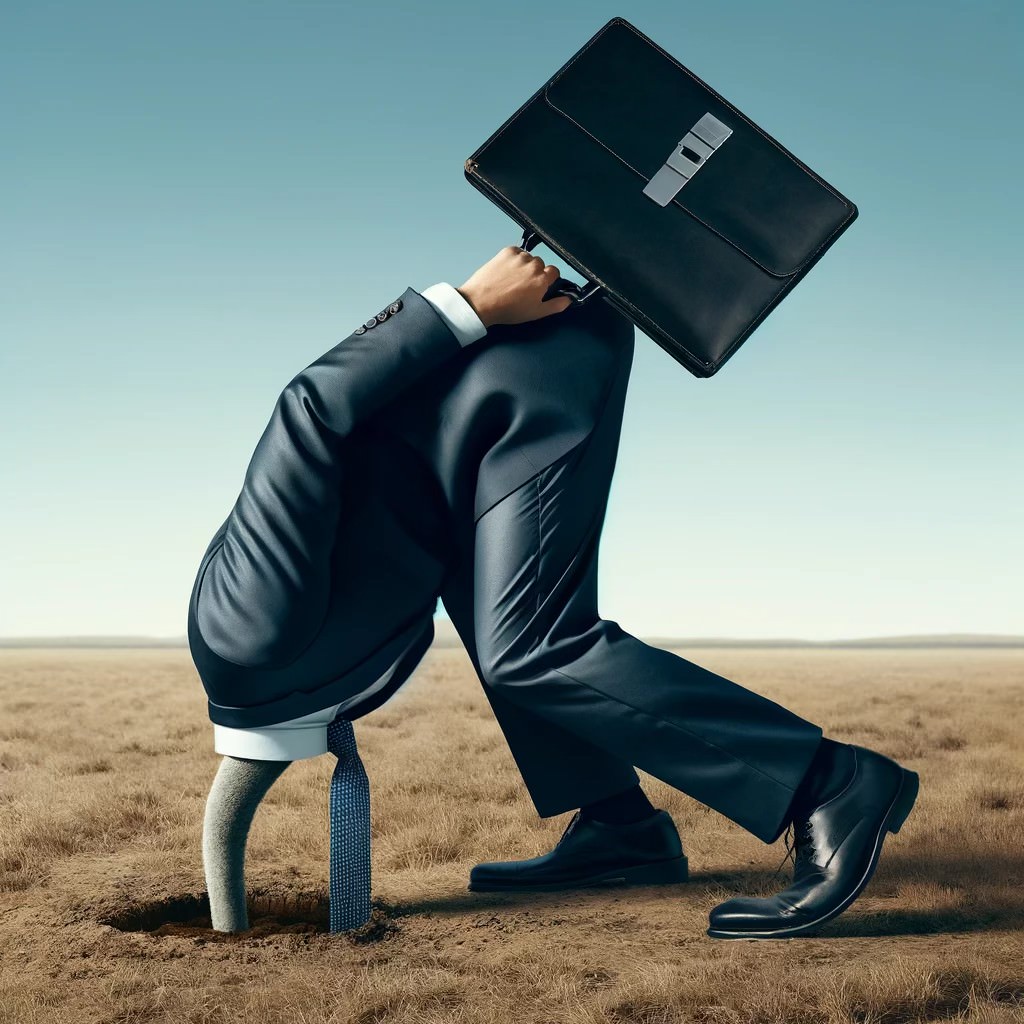Editor’s note: This piece was written by two Denver high school students. Angel Amankwaah is a 10th grader in Dr. Martin Luther King Jr. Early College and is a member of Young Aspiring Americans for Social and Political Activism. Omar Eltayeb is a 10th grader at DSST Montview and a member of the Colorado Youth Congress.
One nation, under God, with liberty and justice for whom?
The nation to which we’re supposed to pledge allegiance has legalized dehumanization, slavery, and oppression in every corner of this country — even in our schools. As young black students, we experience racism on a daily basis as common microaggressions, and honestly it deteriorates our self worth and re-traumatizes us over and over again.
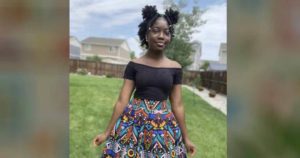
As a society, it’s our obligation to dismantle these oppressive systems, and our first priority should be to end systemic racism in our schools. We can’t do that without the help of educators.
It’s well understood that Black and brown students are more likely to be disciplined than our white counterparts. On the whole, we receive less school funding, fewer resources, and little to no representation in our history curriculum. And while racism may be news headlines for others, for us this is our life experience.
These are our uncles, brothers, and fathers we see assaulted by law enforcement. And these are our mothers, aunties, and sisters that carry the weight on their backs of working twice as hard for half the pay.
We are the children who are thrown into this world with an automatic target on our backs. We are the children who don’t get to learn about the Gabriel Prossers, the Shirley Chisholm’s, the Nefertiti’s, the Oshun’s, the Mansa Musa’s, the Claudette Colvins or the Angela Davises — all because we apparently don’t even matter enough in society to be taught our own history as black people.
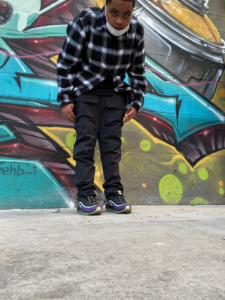
Here is our call to action. As educators, you have a voice. Elevate it. You have a platform. Utilize it. And you have an audience. Speak to it. Call out the inequity you see. Don’t accept the slight microaggressions and don’t accept the in-your-face racism that takes place in your classroom.
A study called the doll test proved kids are socialized to have racial bias. As educators, it’s on you to deconstruct these hateful thoughts by opening up educated conversations about race in classrooms.. Build strong relationships with your students of color and be the adult figure they respect and trust.
Through your educational content, provide us all with the tools we’ll need to become agents of change for our society. Together, we can save the next generation from this racial pandemic. Together, we can dismantle oppressive systems and live in a world where we all have an equal shot to succeed.

